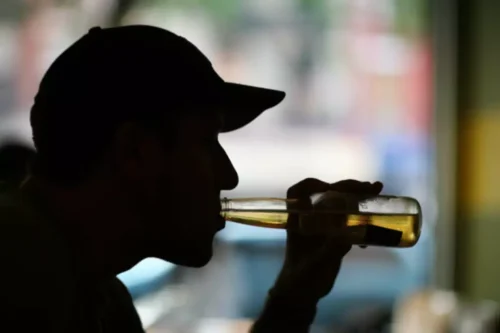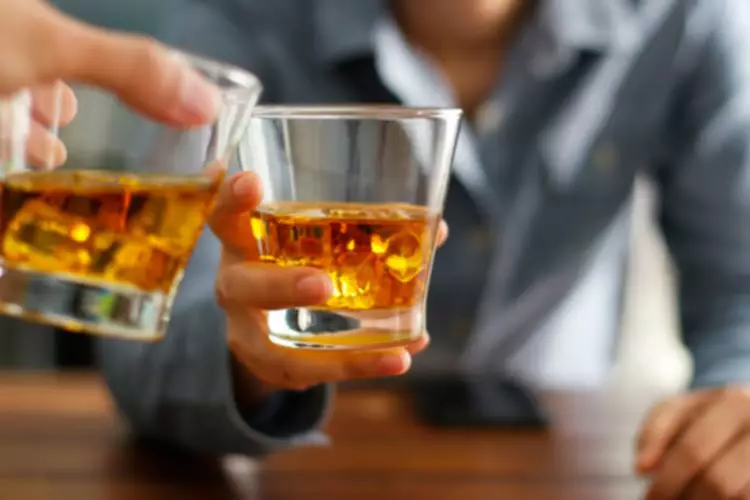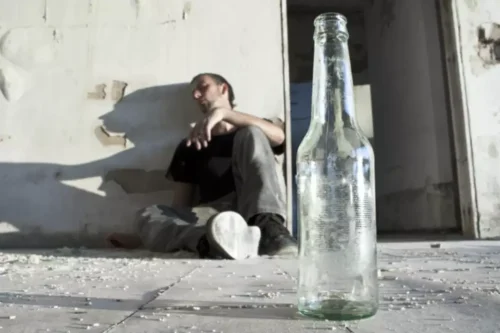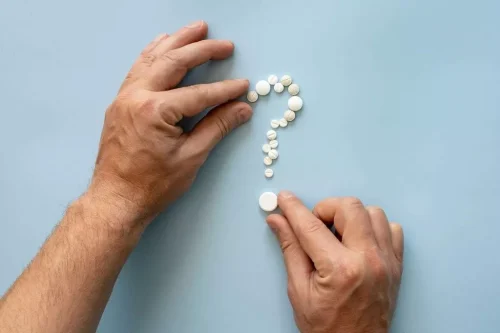
Discover the power of outpatient addiction treatment – flexible care, therapy, and support for lasting recovery. Understand the factors, consequences, and industry influence behind this alarming trend. Alcohol addiction can disrupt the balance of neurotransmitters in the brain.
What Happens When You Stop an Addiction?
- Dopamine and serotonin are two neurotransmitters in the brain that are responsible for regulating mood, motivation, and reward.
- Understanding these factors can help recovering alcoholics navigate their sugar cravings and make informed choices in their recovery journey.
- Unveil the five codeine side effects and understand the hidden risks of misuse and overdose.
- Discover what Xanax does to you, the risks involved, and the journey towards recovery.
Eating a diet high in nutrients can help improve mood, while foods with low nutritional value and high sugar content may hinder mood stabilization. Addiction professionals are incorporating a holistic treatment approach that emphasizes the mind-body connection in recovery, which includes paying attention to food as part of the treatment process. In addition to the biological influences, psychological factors also contribute to the cravings for sugar among recovering alcoholics.
Why Are Sugar Cravings Common in Alcoholics?
- Discover what is sober living, its benefits, rules, and the support you can expect on the path to recovery.
- The relationship between sugar addiction and alcohol recovery is complex.
- Consuming sugar-rich foods triggers the release of dopamine in the brain, providing a temporary boost in mood and pleasure.
Besides eating healthy, it’s also best to avoid high-sugar products, such as highly processed foods. When they’re no longer getting their “sugar fix” from alcohol, they seek it elsewhere. Unfortunately, satisfying sugar cravings can prolong recovery and lead to other medical complications.
Substance Abuse Treatment Centers vs Addiction Treatment Centers
Various treatment options and resources are available, including evidence-based approaches tailored to individual needs, to effectively address sugar cravings and maintain sobriety [3]. This too factors into why recovering alcoholics crave sugar, as we’ll see soon. Beyond the physical reasons, mental health disorders and eating disorders can also drastically affect sugar intake and sugar cravings. Understanding these biological influences can provide crucial insight into why recovering alcoholics crave sugar. By addressing these imbalances and deficiencies, individuals in recovery can manage their sugar cravings more effectively, potentially aiding their recovery process.
Glucose Levels and Alcohol Consumption
Most people with alcohol addiction develop sugar cravings about 3 days after their last drink. Drinking alcohol also causes your pancreas to produce more insulin. Drinking a lot over time also reduces the overall effectiveness of insulin in the body.
Unraveling the Wonders of Drug Therapy
Uncover the essence of substance use treatment and understand its impact on addiction recovery. Discover effective therapies, medications, and relapse prevention strategies. Studies show that intermittent, excessive sugar intake can lead to behaviors similar to drug addiction, including bingeing, withdrawal, craving, and cross-sensitization. By actively identifying triggers and patterns, individuals can take proactive steps to avoid or manage situations that may lead to sugar cravings.

Discover the potential health risks of consuming alcohol while taking this popular diabetes medication. While there’s something to be said about retraining your palate, resisting all of your sugar cravings all at once may promote more of them—at least in the short term. Evidence suggests that, in the long run, https://ecosoberhouse.com/article/what-are-sober-living-homes/ learning to resist your sugar cravings can help recondition your sugary habits. As a result, many people feel pressured to undereat or only eat certain types of foods. Not only does this take the enjoyment out of eating, but it’s an unhealthy practice that can set you up for disordered eating and malnutrition.

Supplements for Sobriety Support

When a craving for alcohol strikes, a good first step involves acknowledging the craving, according to Mehta. She goes on to explain that while the craving might be intense, it will lessen and pass in a few minutes. Internal triggerstypically involve memories, thoughts, emotions, or physical sensations that prompt the urge to drink. Over time, why do alcoholics crave sugar alcohol use begins to affect the neurotransmitters, or chemical messengers, in your brain. But in spite of your goals and no matter how committed you are to changing your habits around drinking, avoiding alcohol might prove a little more difficult than you expected. Rather than giving in to the craving right when it strikes, wait it out.


